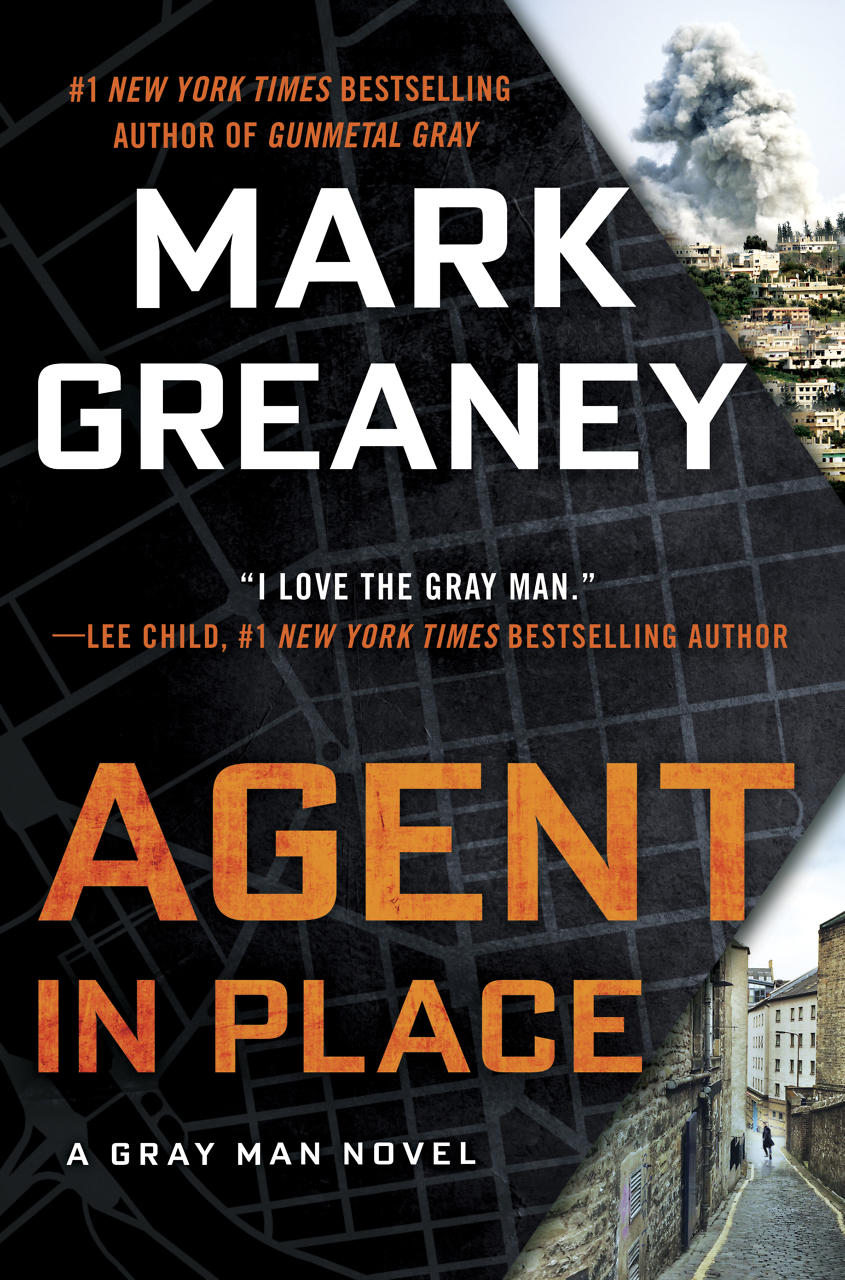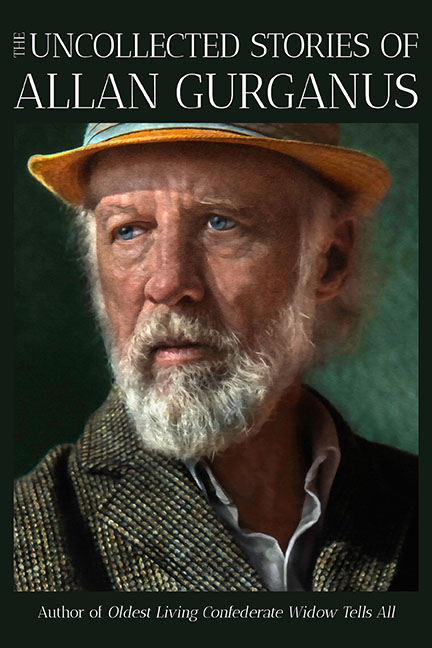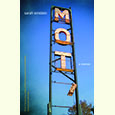Dragging Dixie Outta the Dark?
For Trae Crowder and his co-authors, “liberal redneck” isn’t an oxymoron
I’ll start with a confession: I’ve never been comfortable with my Southern identity. As a six-year-old, I watched my father’s eyes mist during a band’s rendition of “Dixie” at a county fair. I interrupted his reverie: “But Dad, the South was bad because it believed white people should own black people as slaves!” His chin jerked as my mother leaned down and hissed, “Sugar, don’t let folks hear you say such nonsense, they’ll think you are strange.”
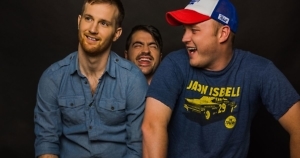 Strange indeed: a boy without a culture. I’ve always been aware of my Inner Yankee. My parents were born and raised on small farms in rural Georgia, my father in poverty, the seventh of eight children and among the first to go to college on the G.I. Bill. He spun hilarious yarns about his family’s outhouse, and I can remember watching my grandmother churn her own butter (delicious) and sew the most beautiful quilts I’ve ever seen. My confusion intensified in the seventh grade, when I left the nest of my Baptist elementary school—one of numerous evangelical academies that sprang up across the South during the 1970s and ‘80s, largely as a response to racial integration of public schools—to attend an elite private school in my hometown of Chattanooga. I felt nerdy, bookish, out of place among the country-club swells, my dinged Ford Mustang wedged amid all the sparkling BMWs and Volvos.
Strange indeed: a boy without a culture. I’ve always been aware of my Inner Yankee. My parents were born and raised on small farms in rural Georgia, my father in poverty, the seventh of eight children and among the first to go to college on the G.I. Bill. He spun hilarious yarns about his family’s outhouse, and I can remember watching my grandmother churn her own butter (delicious) and sew the most beautiful quilts I’ve ever seen. My confusion intensified in the seventh grade, when I left the nest of my Baptist elementary school—one of numerous evangelical academies that sprang up across the South during the 1970s and ‘80s, largely as a response to racial integration of public schools—to attend an elite private school in my hometown of Chattanooga. I felt nerdy, bookish, out of place among the country-club swells, my dinged Ford Mustang wedged amid all the sparkling BMWs and Volvos.
Many years later, long after I’d settled in New York City, it dawned on me that middle-class evangelicals were fighting a two-front war: one against the Episcopalians from affluent zip codes and the other against the hordes of “rednecks.” This group—the umbrella term for poor-whites and hillbillies—is portrayed by Southern comedians Trae Crowder, Corey Ryan Forrester, and Drew Morgan in their new book, The Liberal Redneck Manifesto: Draggin’ Dixie Outta the Dark, a vivid and occasionally insightful if tetchy collection of sketches and riffs. For my extended Southern Baptist family, church was a declaration of class status, a revolt against the boozers and pill-poppers strung out along the ridges and hollers of east Tennessee.
Earlier this year Crowder rose to fame with his viral “Liberal Redneck” videos, most shot on his own porch: rants against Donald Trump, homophobia, racism, anti-gun regulation. From rural Celina, Tennessee, Crowder has always felt the stigma of a “poor diet, shitty schools, substance abuse, wearing knockoff Nikes that used to belong to your older cousin,” but his good mind distinguished him from his peers, steering him to college and eventually an MBA degree. In The Liberal Redneck Manifesto, he and his partners in comedy, Corey Ryan Forrester and Drew Morgan, tackle the stereotypes of poor white Southerners, mostly “fellers,” from drunk-as-skunk-on-Saturday-night to singing-hymns-at-church-on-Sunday-morning, all delivered in a hick accent.
Make no mistake: there may have been an equal division of labor in the writing here, but the book bears Crowder’s singular voice and mission. (From here on I’ll use “Crowder” as shorthand for all three authors.) There’s some rich if familiar material here—riffs on the Allman Brothers and Lynyrd Skynyrd, NASCAR, Vacation Bible School, Mamaw and Papaw, barbecue wars, fishin’ and huntin’—as well as some illuminating detours into social history, such as redneck dependency on government support and racism explored from the inside.
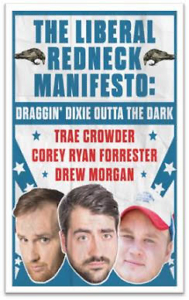 Southern comics are as funny and piercing in their craft as the great Catskill comedians (although The Liberal Redneck Manifesto could have done with more of Jerry Clower or Brett Butler and a whole lot less of Jeff Foxworthy). Crowder’s intelligence is real, his humor vigorous and on point, his observations sharp. But the sexism flows without his usual irony—I don’t think I’ve seen the word “titties” used so often in a hardcover book—and the tone is one-hundred percent defensive from the get-go, needling progressive activists in San Francisco and artisanal hipsters in Brooklyn for both their differences and their preconceptions.
Southern comics are as funny and piercing in their craft as the great Catskill comedians (although The Liberal Redneck Manifesto could have done with more of Jerry Clower or Brett Butler and a whole lot less of Jeff Foxworthy). Crowder’s intelligence is real, his humor vigorous and on point, his observations sharp. But the sexism flows without his usual irony—I don’t think I’ve seen the word “titties” used so often in a hardcover book—and the tone is one-hundred percent defensive from the get-go, needling progressive activists in San Francisco and artisanal hipsters in Brooklyn for both their differences and their preconceptions.
This book does nothing to dissolve the acrid division between red states and blue states, between Dollywood and the East Village, between hell-raisin’ good ole boys and Portland baristas. To be authentic, Crowder implies, a feller’s gotta speak in East Tennessee-ese, I reckon, wave that Vols foam finger in Neyland Stadium, get turnt on hooch, but them damn Yankees and Hollywood types ort not to condescend.
Look, I get it. Switch on any television show or trawl the Internet: if you want to depict a character as an ignorant bigot, you give him a drawl and a Confederate flag to wave. When I first moved to New York almost three decades ago, I shed my accent because I quickly grasped that it would be a liability in the fast-paced publishing industry. When editors and authors found out I was from the South, they’d automatically . . . speak . . . slowly . . . to make . . . sure . . . I . . . understood, despite the fact that I’d graduated from a prestigious university with a degree in English literature.
But The Liberal Redneck Manifesto hectors readers about caricaturing rednecks as stupid and conservative while simultaneously caricaturing them-thar big city coastal ee-leet as latte-sipping “pussies.” I doff my hat to Crowder and his brethren here—as the subtitle says, they’re draggin’ Dixie outta the dark, and I admire their courage in trying to make the South better—but why isn’t it also perfectly acceptable for Southerners just to get the hell out? That’s just one of the complex questions The Liberal Redneck Manifesto unintentionally asks. The answers ain’t easy.
 Hamilton Cain is the author of This Boy’s Faith: Notes from a Southern Baptist Upbringing and a finalist for a 2006 National Magazine Award. A native of Chattanooga, he lives with his family in Brooklyn, New York.
Hamilton Cain is the author of This Boy’s Faith: Notes from a Southern Baptist Upbringing and a finalist for a 2006 National Magazine Award. A native of Chattanooga, he lives with his family in Brooklyn, New York.
